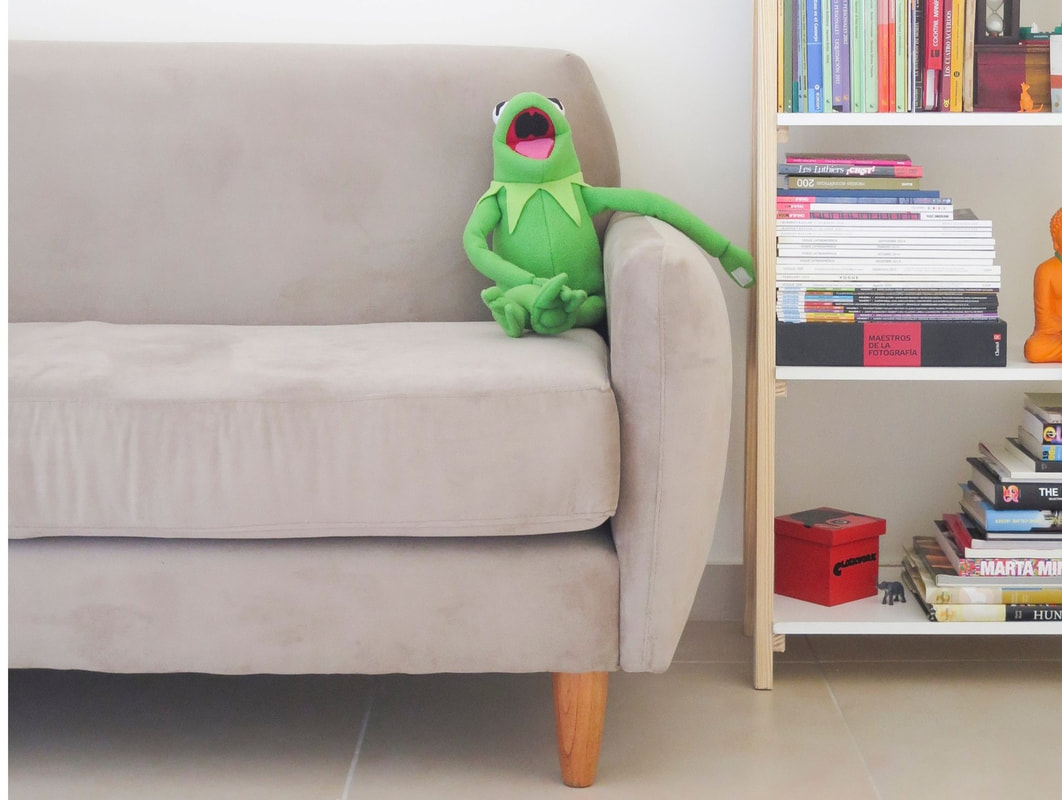|
In this blog HERE I talked about the 8 steps I use to help parents tell their child about going to see a therapist. I also wanted to share some of the things I recommend avoiding when talking to children about going to therapy! First we never want to use therapy as a threat. Therapy should be an informed medical decision made by parents or caregivers, just the same as if a child were to have surgery, braces, or any other medical treatment. We would not want to say “if you don’t start acting better we’re going to send you to therapy!” in the heat of the moment of an argument. This can create negative associations with therapy as a punishment. After therapy starts we want the child to have a positive engagement with therapy. We don’t want to “tell on” the child in a difficult moment by saying “If you don't calm down I’m going to tell your therapist about this”. Second, we don’t want to tell them they are going to therapy in the car on the way to the appointment. We want to give children a heads up when they are doing anything new or different exactly what they are doing, why they are doing it, and what it will be like (see more on that HERE). This helps them prepare and get them ready for the appointment as well as have any questions answered. By telling them right before feelings of betrayal, distress, or confusion are likely to come up for the child, which is not ideal to form a connection with the therapist and a felt sense of safety in the therapist's office. Third, we don’t want to be ambiguous or vague about therapy. We don’t want to tell the child they are going to the “doctor” or "an appointment" but then nothing else. These kids? Well, they think they might be getting a shot. They will create a narrative about the type of appointment and why they need to go which will likely be wildly inaccurate and create significant distress. Lastly, don’t let a child’s negative response prevent them from starting the therapy process. Young people’s parents and caregivers bring them to therapy because it is medically necessary. As therapists we can’t treat children (if we are accepting and billing through insurance) if they do not have a diagnosable medical condition. Just like we wouldn't let a child’s anxiety prevent them from having a cavity filled, if they have a diagnosable medical condition that is impacting their daily life and necessitates therapy, then we can validate the upset feelings and calmly reinforce that the child is going to therapy, that it is safe, and parents will be with them to support them along the way. Most children are able to resolve upset, anxious, or distressed feelings pretty quickly once they meet the therapist one or two times. Now a disclaimer to the last one - you as a therapist can do many things to help make a child comfortable with the therapy process and feel safe (more on that HERE, HERE, and HERE). If a child has a significant adverse reaction to therapy (won’t get out of the car, won’t get into the car, is physically aggressive, etc.) you use your clinical judgement and theory to decide how to support the child and the family which may mean a referral to another type of therapy or service, working intensely with the parents, or another option that might be a fit. What about you? What are the other things that may come up that you recommend parents avoid when telling their child about therapy? Drop a comment below! Let's Connect - click here to join my email list!
1 Comment
2/20/2023 10:05:22 am
Last week, my sister got a call from her son's school to tell her that he's been missing classes and acting out with other kids. I'm glad you described the importance of explaining therapy to our child when going to an appointment, so I think my sister's considering finding a mental health expert for her son, and your article will help her out.
Reply
Leave a Reply. |
Hi, there!I'm Ann Meehan, an LPCC, Loading... Archives
July 2024
Categories
All
|
Privacy Policies | Terms of Use | Disclaimer
Contact
[email protected] | Copyright Meehan Mental Health Services 2022
Contact
[email protected] | Copyright Meehan Mental Health Services 2022





